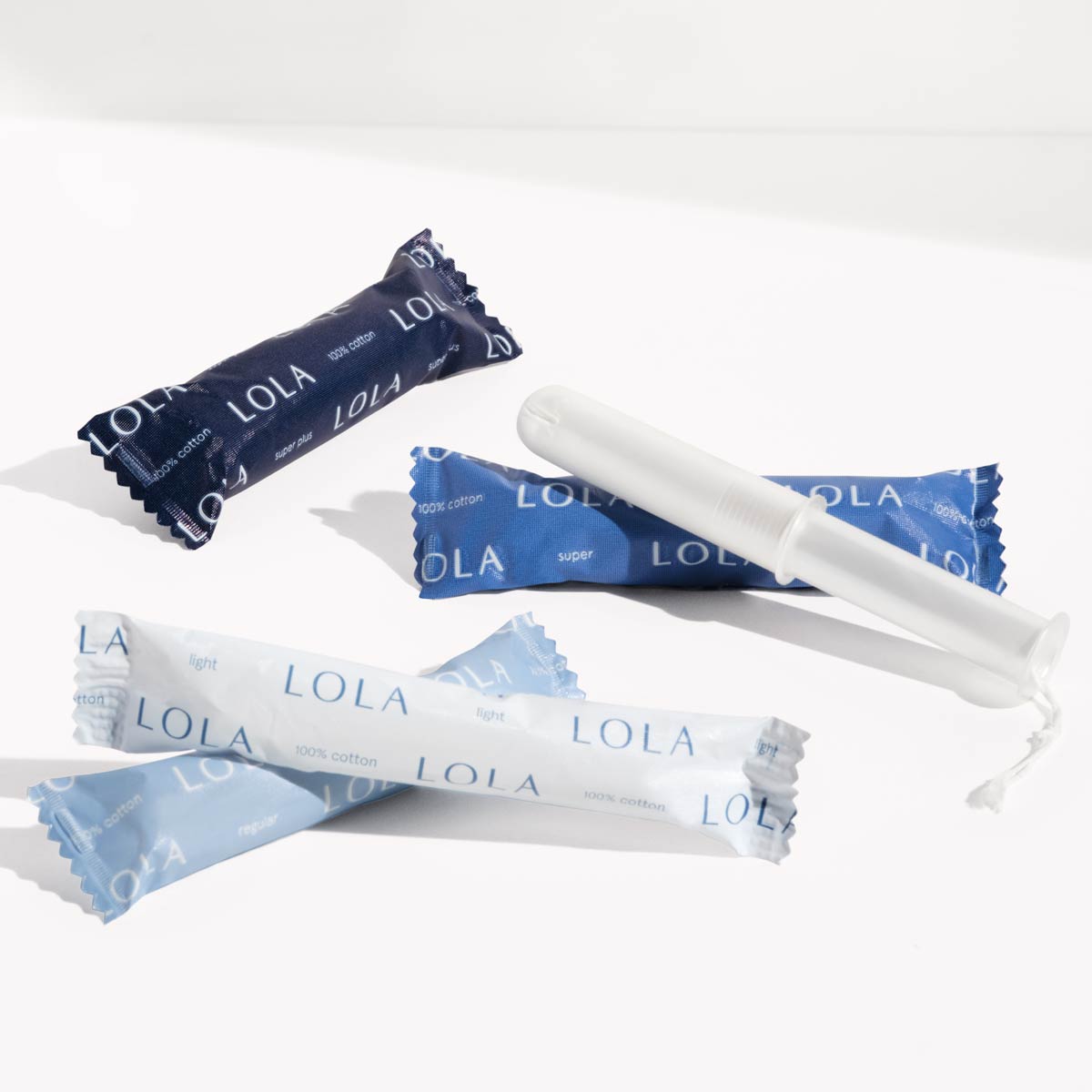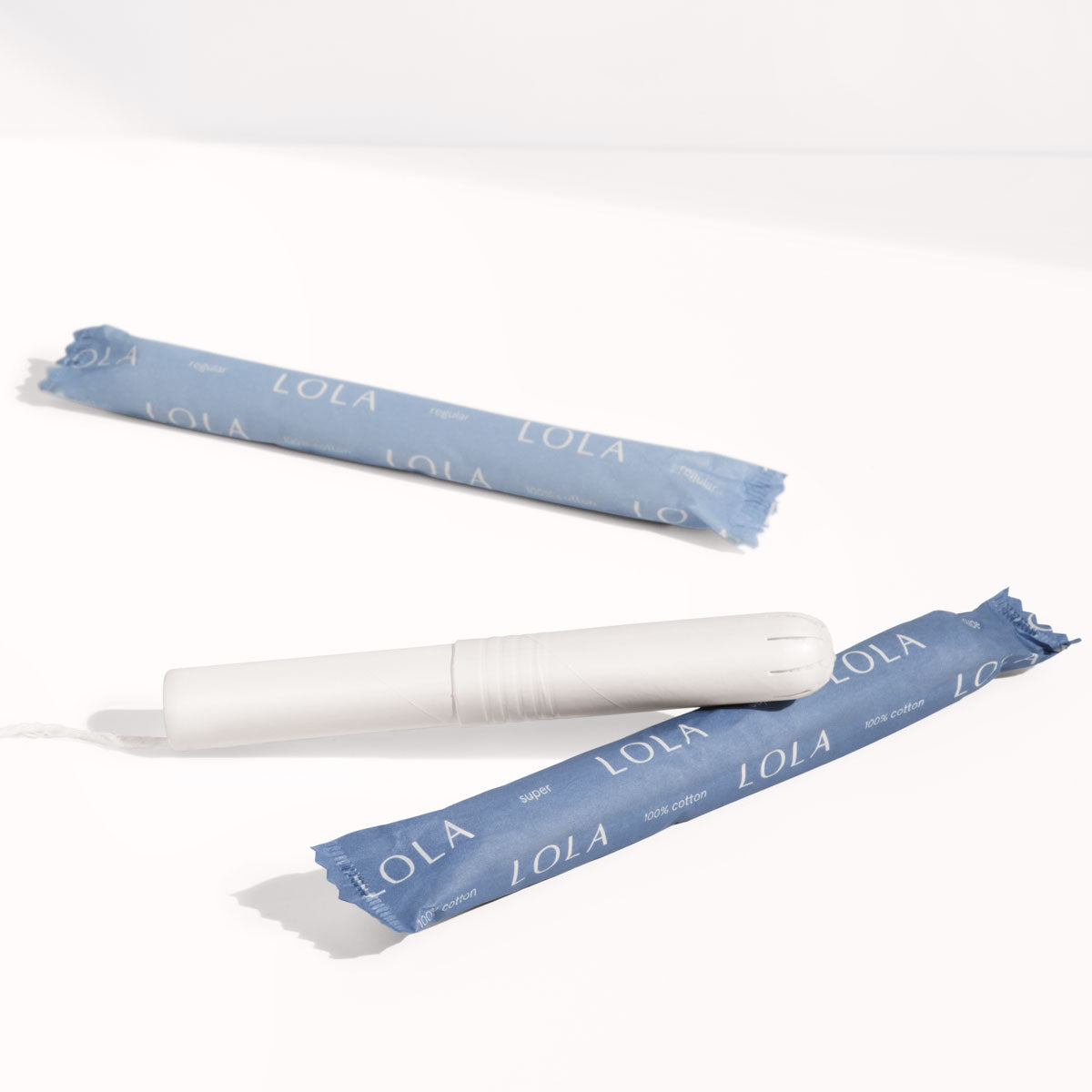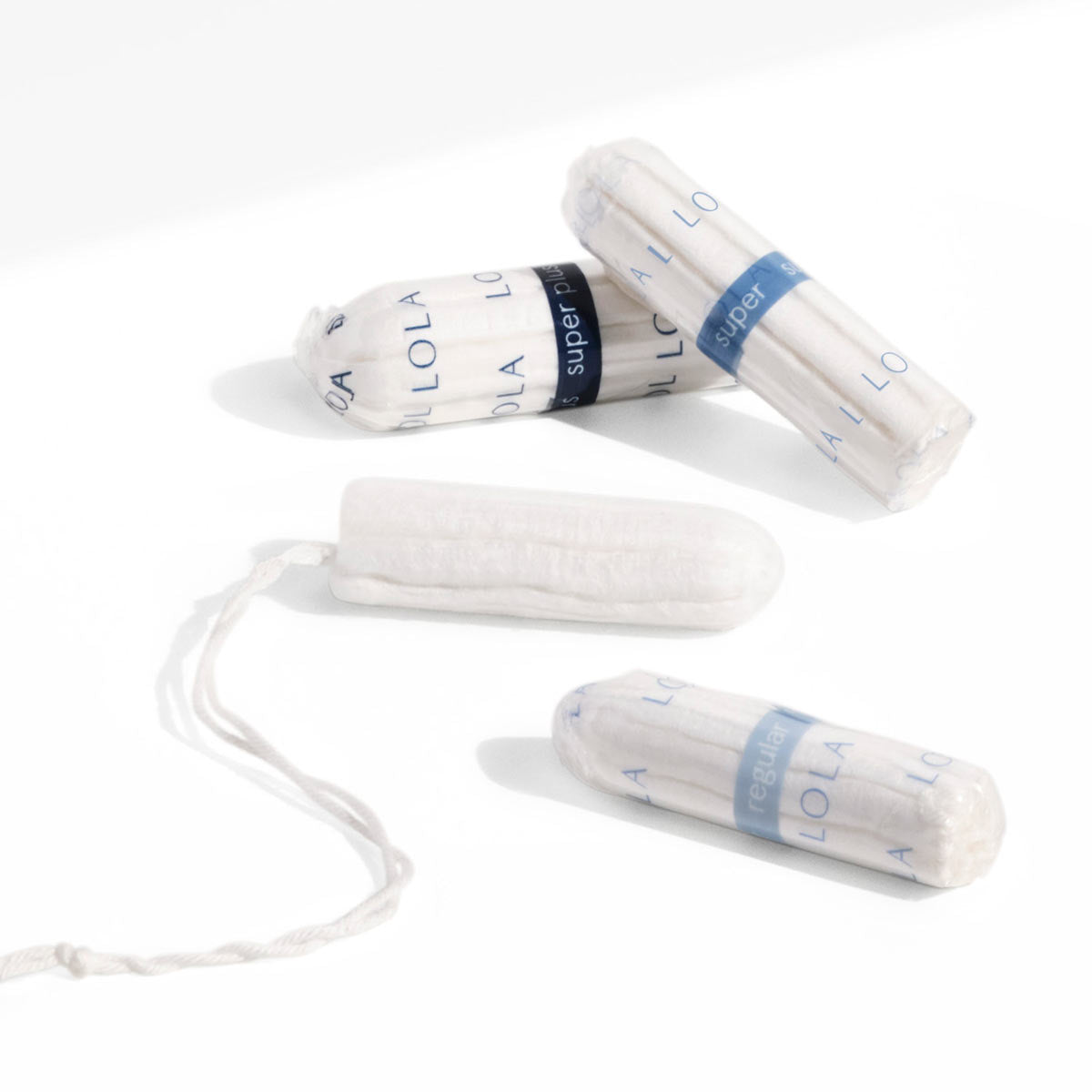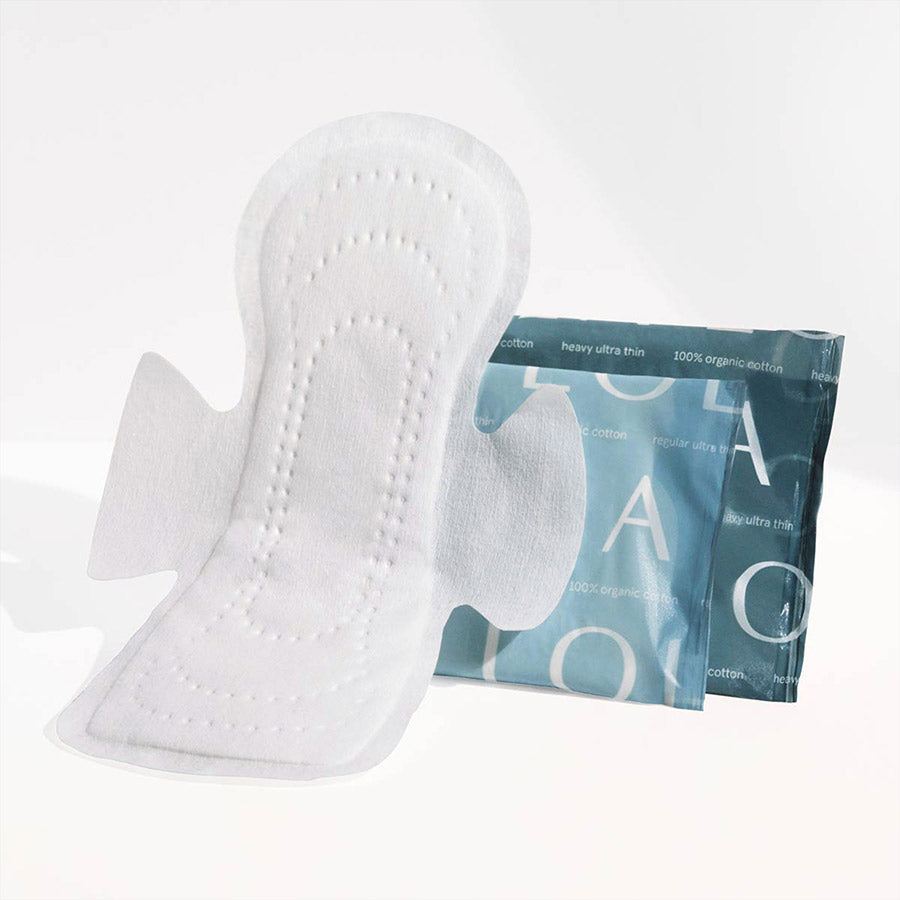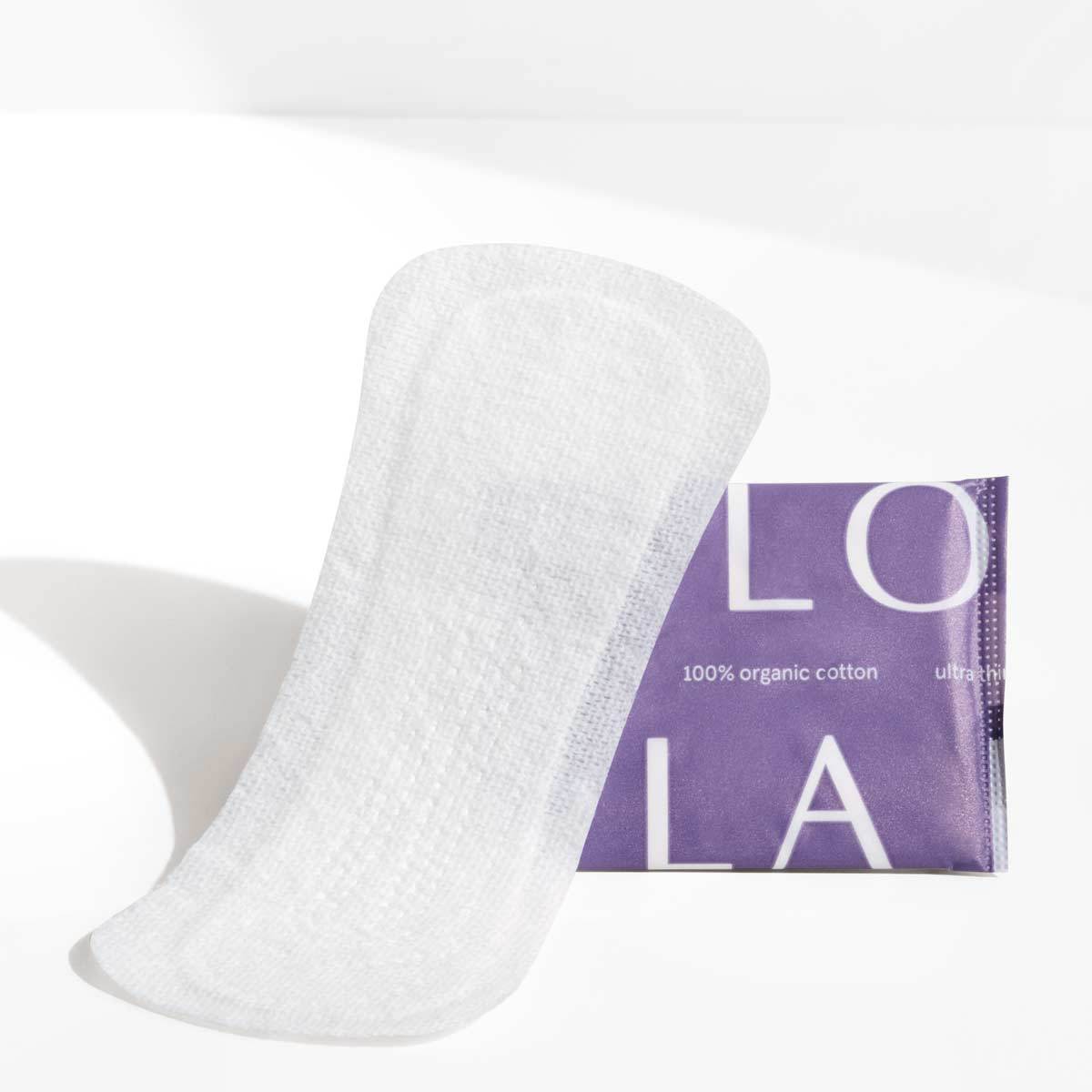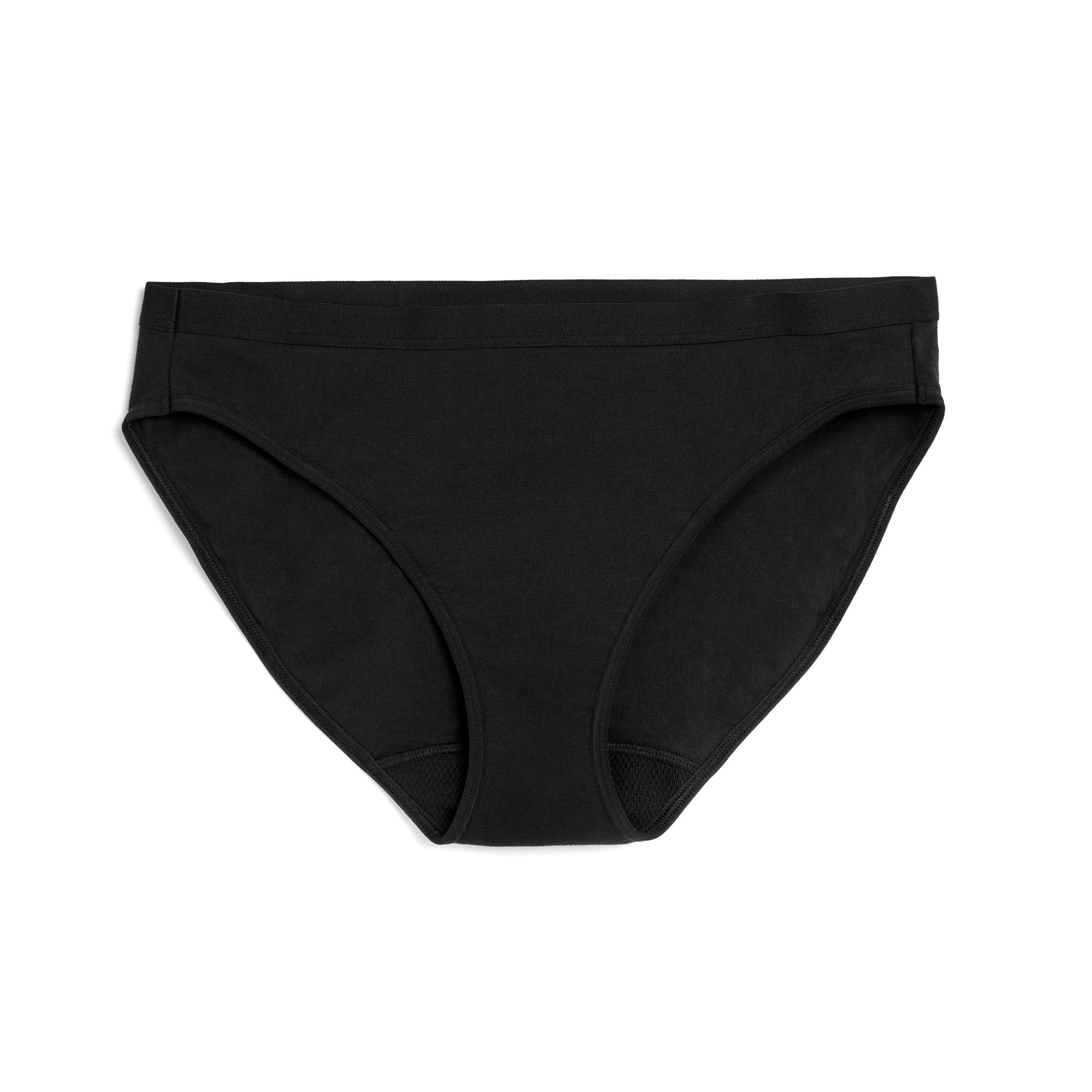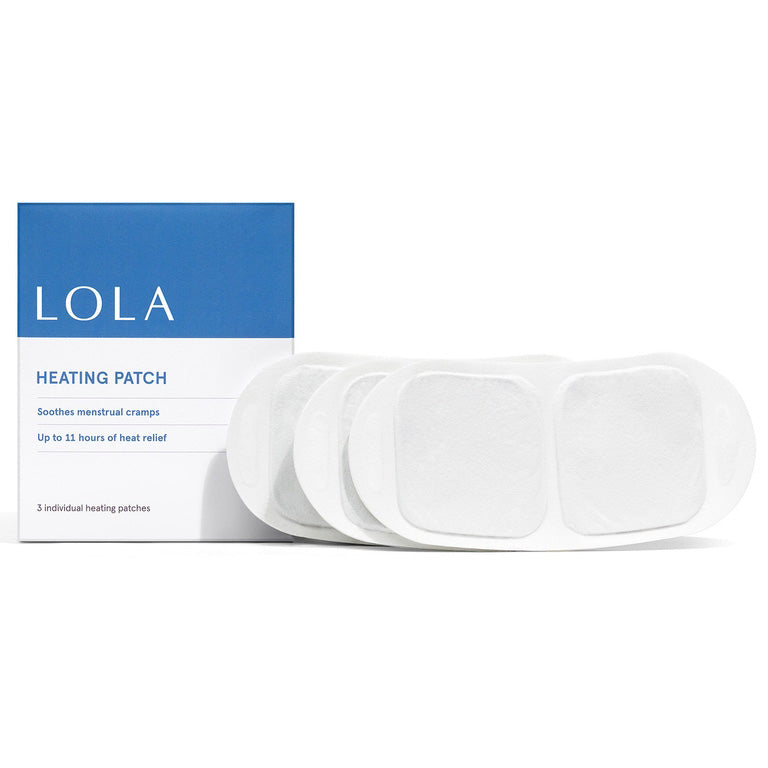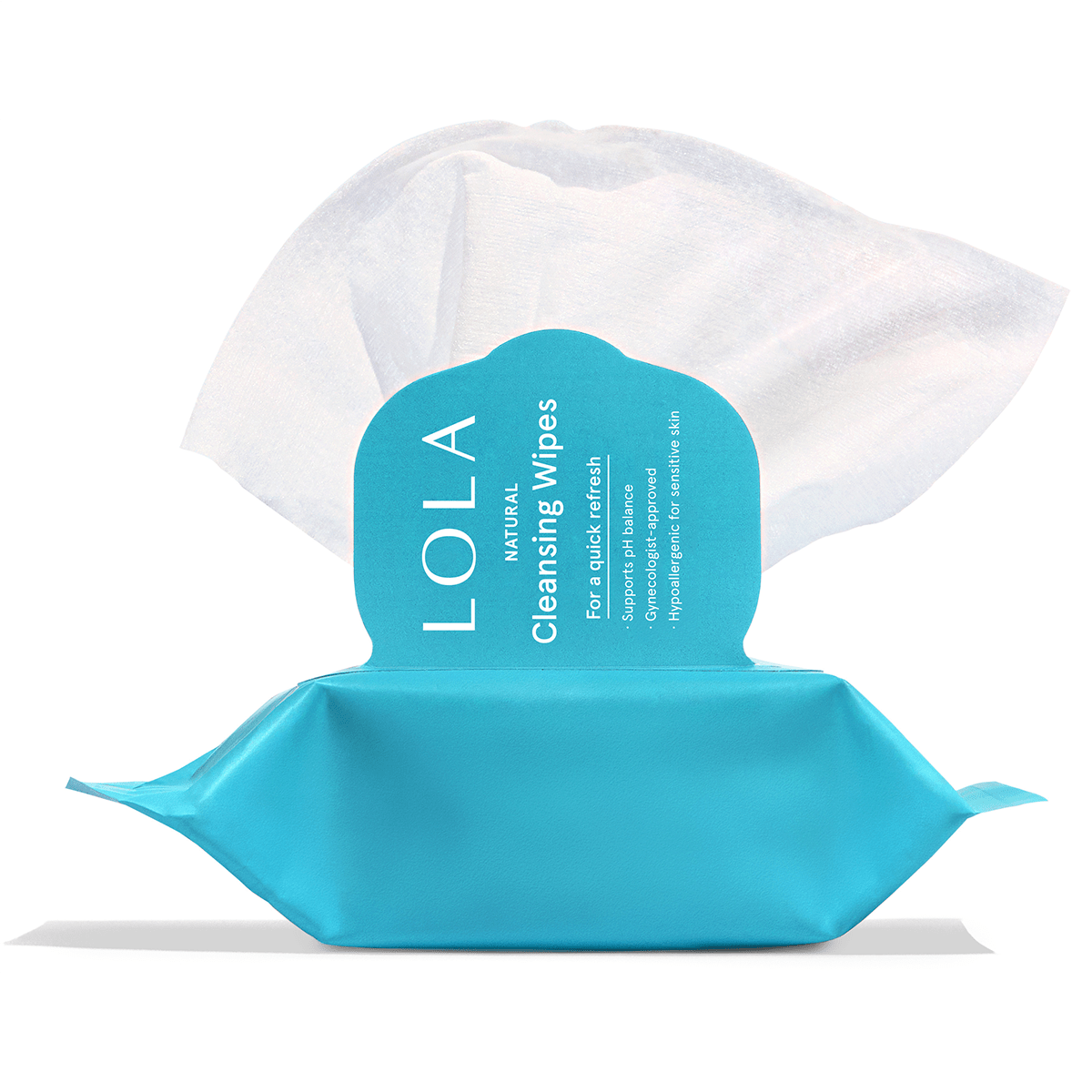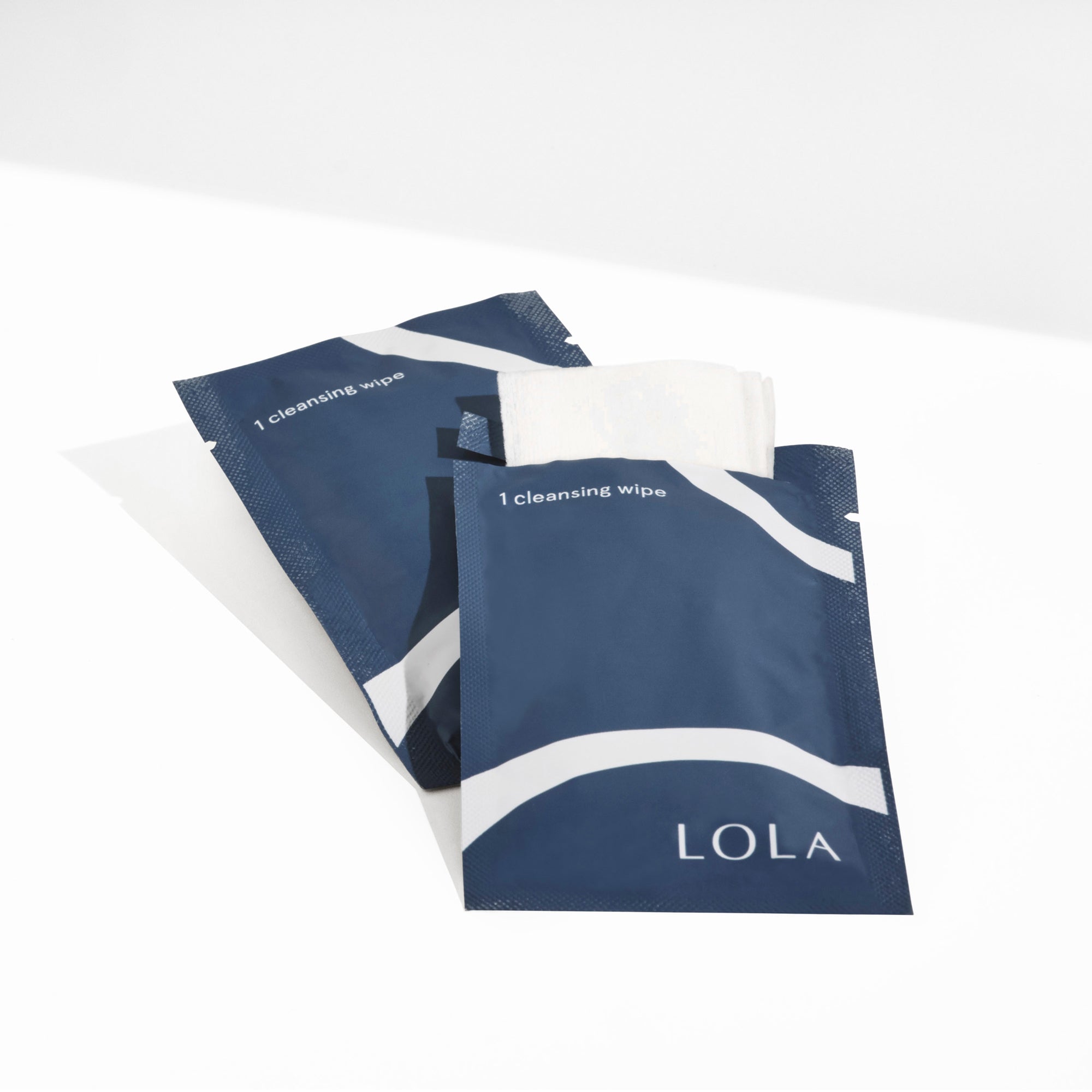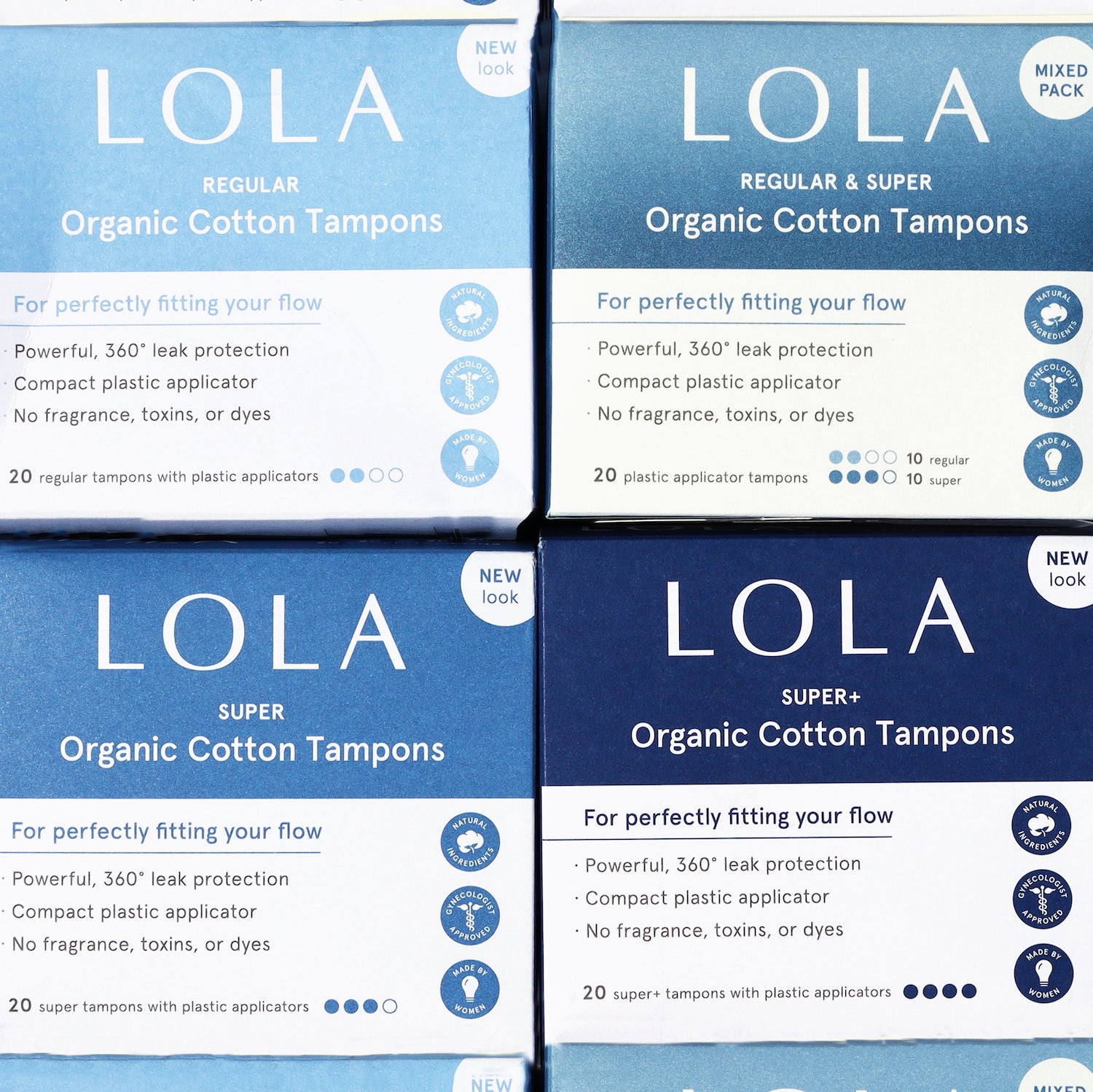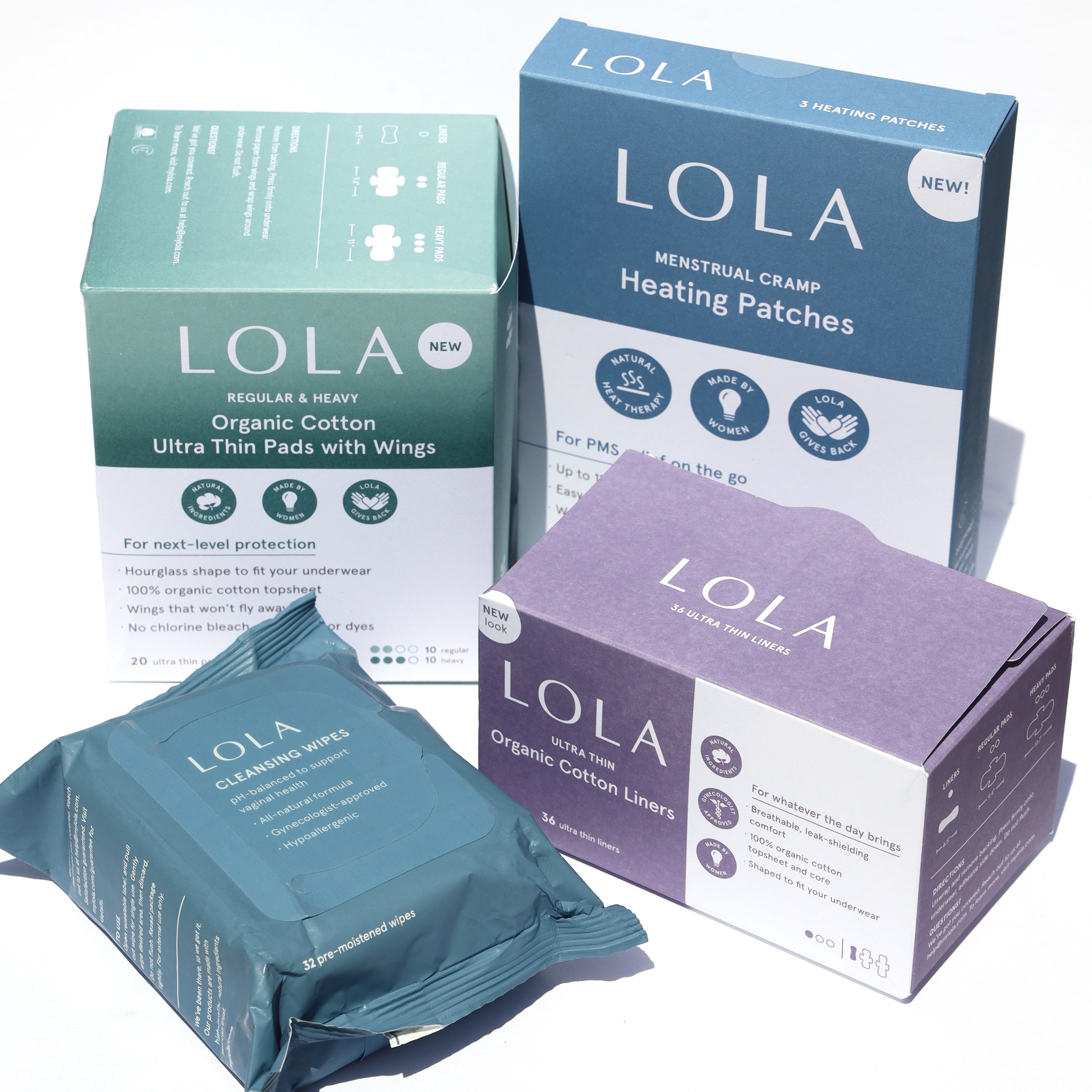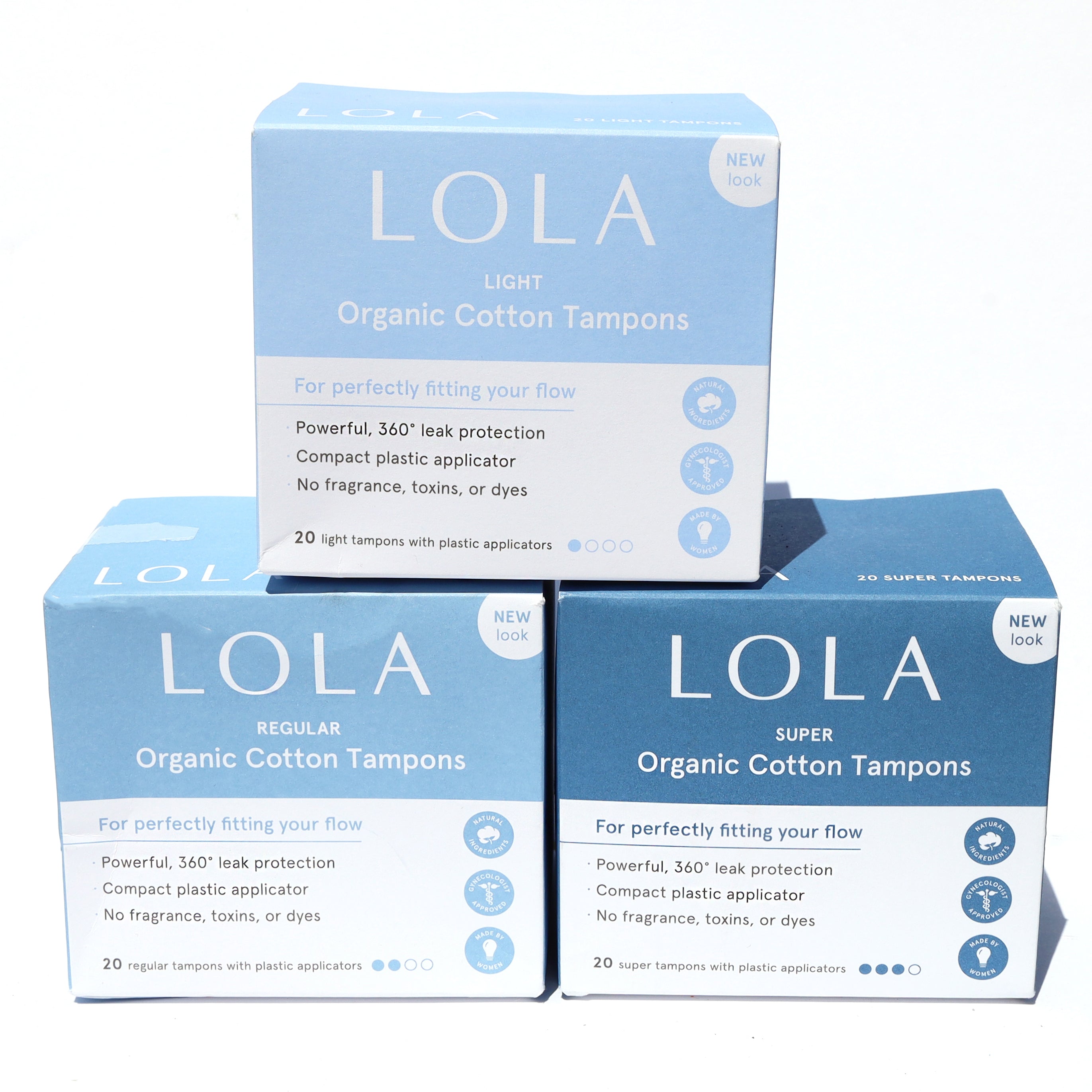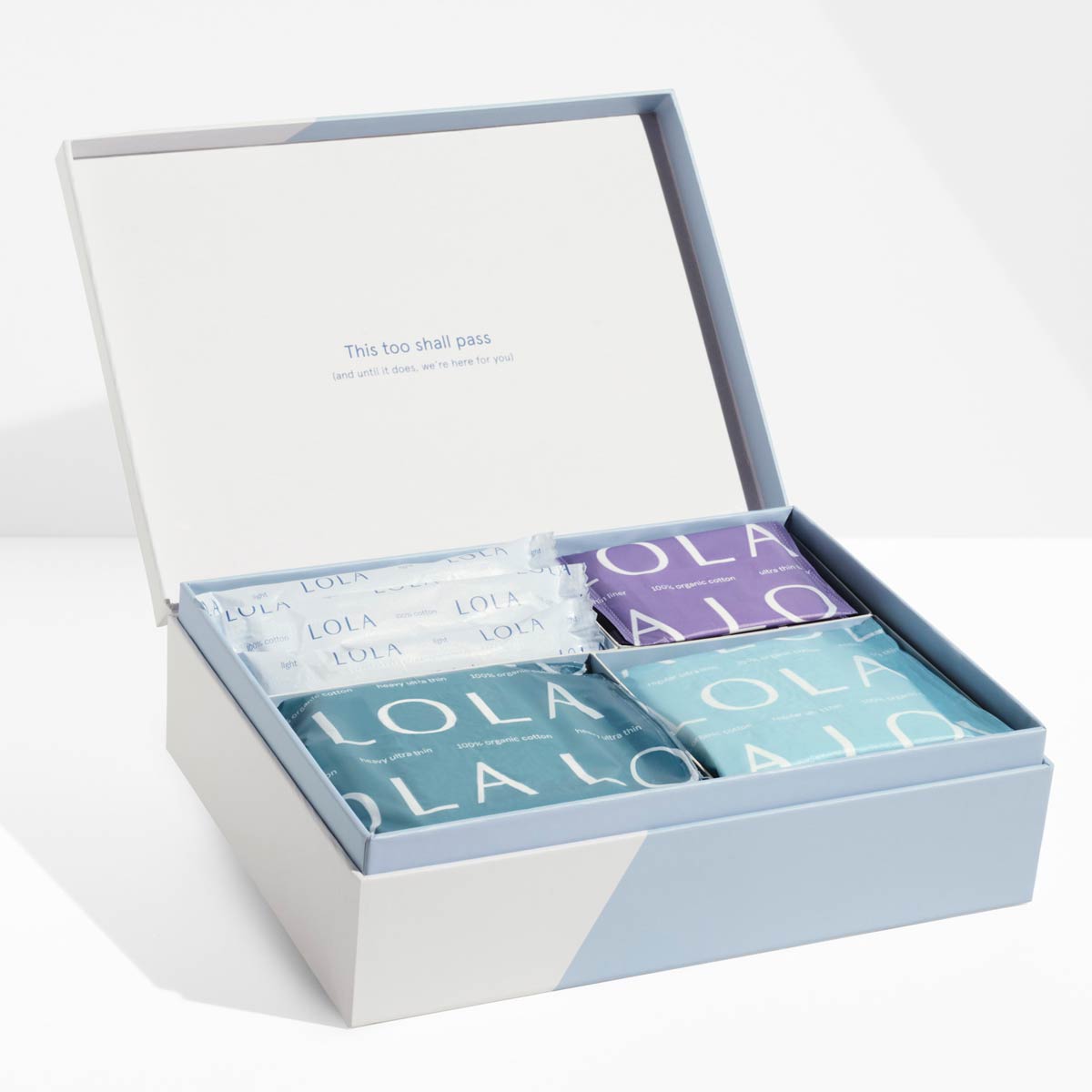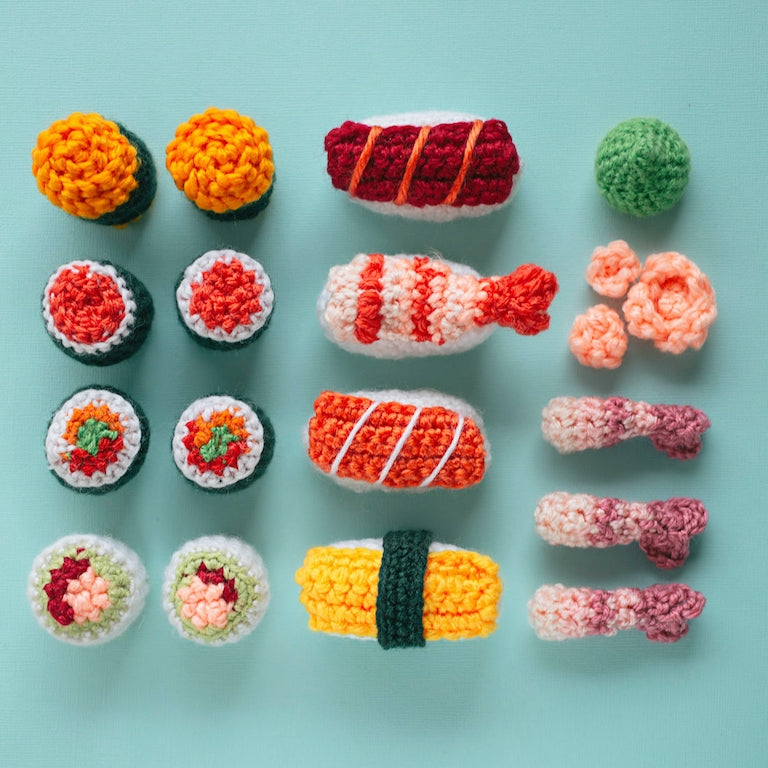The advice a pregnant woman receives about what foods she can and cannot consume during pregnancy often depends on her nationality. For example, in France, women devour unpasteurized cheeses well into their pregnancy, and Japanese ladies reportedly feel fine about sashimi. Meanwhile in America, pregnant women often avoid both.
According to Dr. Kelly Culwell an OBGYN and former medical officer at the World Health Organization, these different behaviors show how various countries interpret the relative risk of each food. "Doctors and the bodies that set the guidelines are quick to say that you can't do something," says Dr. Culwell. "I think it is about risk versus burden. If you don't see these things like no cheese or coffee placing a burden on a woman, you say don't do it. So, I think that is why these blanket recommendations are so different."
With this in mind, we highlighted some of the foods the international medical community agrees you should avoid, and others that are more open to interpretation.
Mercury in fish
Globally, doctors agree that pregnant women should avoid contact with mercury, which can lead to birth defects. Mercury, which often collects in bodies of water, and is found in trace amounts in most fish. But it is present in larger quantities in tilefish from the Gulf of Mexico, swordfish, king mackerel, and bigeye tuna. The FDA advises women who are pregnant, may become pregnant, or are nursing to avoid these types of fish.
Alcohol
Doctors all over the world agree pregnant women should avoid getting drunk, but there is some disagreement on how much alcohol women can drink. In the United States, the CDC says there is no safe amount of alcohol that a woman can consume. However, European doctors are less emphatic. "In France and Switzerland they say women should abstain from alcohol, but they couch it in, "˜Don't have more than one drink a day, and don't drink every day,'" Dr. Culwell says. "Around alcohol and pregnancy, we don't know what the safe lower limit is. The American medical community's believes if we don't know what the safe lower limit is, then the answer is none. In Europe, their answer is probably one a day but not every day."
Caffeine
Physicians and researchers are still debating how much caffeine is safe to consume during pregnancy. Both the American College of Obstetricians and Gynecologists (ACOG) and the European Food Safety Authority encourage pregnant women to limit caffeine intake to 200 milligrams a day, or an 11-ounce cup of coffee. Caffeine hasn't been shown to produce any greater risks for miscarriage or premature birth, but it can impact the body's ability to absorb iron, and many pregnant women are already low on iron. "We don't have great data on caffeine but the data we do have suggests that moderate consumption of caffeine is unlikely to cause any problems," says Dr. Culwell. "But for most behaviors during pregnancy, including coffee, there is far less stigma against pregnant women engaging in those behaviors in Europe than there is in the U.S.. I've heard of baristas at Starbucks in the US refusing to serve a pregnant woman a latte. That would never happen in Europe."
Soft cheeses
U.S. officials advise women to avoid soft cheeses, which could be contaminated by listeria or E. coli. This includes brie, camembert, roquefort, feta, gorgonzola, queso blanco, queso fresco, and any other unpasteurized milk products (There are similar concerns in raw meats, deli meats, and undercooked seafood and poultry.) And while these guidelines might be followed closely in the U.S., in Europe they are often less strictly adhered to. "A lot of people think that women in France are told they can eat the runny cheese, although they are not. But it is such a way of life, the recommendations just aren't followed that closely," explains Dr. Culwell.
Sushi
Pregnant women in the U.S. are also told not to eat raw fish, which includes oysters, clams, and smoked seafood, because of the possibility it could be contaminated with listeria or salmonella. "In this country, we tell women not to eat raw fish because there is a small risk that fish could be tainted with listeria, whereas in Japan, the idea and the burden that would be placed on women to not eat sushi and not eat raw fish is almost unthinkable and they recognize the risk is small," Dr. Culwell says. "Therefore, they don't tell women in Japan not to eat raw fish. Unfortunately, in this country we are too quick to assume that things aren't a burden to women and to kind of blanket advocate against them because of some minor small risk."
